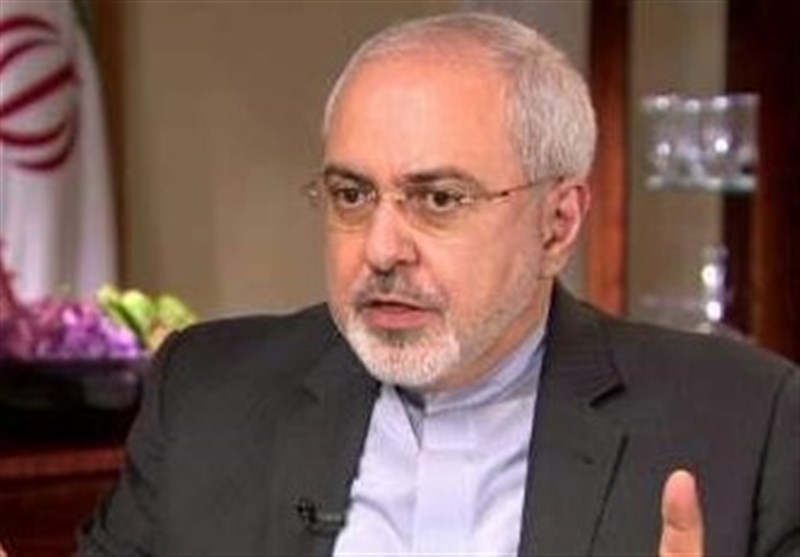
RNA - Speaking in a joint press conference with his Czech counterpart Lubomir Zaoralek in Prague on Friday, Zarif criticized the United States for "not fully implementing" its obligations under the nuclear agreement, known as the Joint Comprehensive Plan of Action (JCPOA), between Iran and the P5+1 group of countries.
“Iran has been implementing its part of the bargain. Unfortunately, the United States, even during the current administration, has not fully implemented its part of the bargain but we believe that JCPOA is a reasonable agreement good for everybody,” he said.
“That's our preference. It doesn't mean that we do not have other options. Iran wants to remain committed to JCPOA provided that everybody else is prepared to do the same," the Iranian foreign minister pointed out.
Iran and the five permanent members of the UN Security Council – the United States, France, Britain, China and Russia – plus Germany started to implement the JCPOA on January 16.
Under the JCPOA, Iran undertook to put limitations on its nuclear program in exchange for the removal of nuclear-related bans imposed against Tehran.
Ever since the deal was struck, its opponents in US Congress have been threatening that a future US administration opposed to the agreement would scrap it.
During the election campaign in the US, now president-elect Donald Trump threatened that he would “tear up” the JCPOA or try to renegotiate its terms if elected president.
However, Iranian President Hassan Rouhani said Wednesday that the nuclear agreement negotiated with Iran under the outgoing US administration is not a deal with a single country or a single government.
He added that the JCPOA has been reflected in a UN Security Council Resolution, and therefore, cannot be overturned on the back of one government’s decision.
US Republican presidential candidate Trump won more than the required 270 electoral votes in the 2016 presidential election on Wednesday, becoming the 45th president of the United States.
Elsewhere in the presser, Zarif stressed the importance of enhancing cooperation with the Czech Republic in different fields, the development of peaceful nuclear technology in particular.
“And we are now happy to provide the necessary political infrastructure as well as financial infrastructure in terms of banking relations for the private sector to engage in a whole range of possibilities, from railroad, where the Czech Republic is interested in completing the north-south corridor, which connects the Persian Gulf to both the Black Sea and well as Europe, through Russia, so these are possibilities for us to engage,” the Iranian foreign minister said.
He added that the head of the Atomic Energy Organization of Iran, Ali Akbar Salehi, had paid a visit to Prague “a few weeks ago and he had good conversations with the Czech companies about engaging with the Czech Republic in the production of peaceful nuclear technology."
Iran, Czech FMs sign MoU on political consultation
Meanwhile, the foreign ministers of Iran and the Czech Republic signed a memorandum of understanding on stepping up political consultations between the two countries.
The agreement was signed by Zarif and Zaoralek in the Czech capital on Friday following an earlier meeting between the two sides.
Zarif’s meetings with senior Czech officials
The Iranian foreign minister also on Friday held talks with President of the Czech Chamber of Deputies of the Parliament Jan Hamacek and Prime Minister Bohuslav Sobotka.
In the Iranian foreign minister’s meeting with Hamacek, the two sides discussed ways to improve political and economic cooperation.
Zarif and Sobotka exchanged views about the development of cooperation between Tehran and Prague, particularly in trade and economics, energy, banking, tourism and interactions in the European Union.
The top Iranian diplomat and the Czech prime minister also held discussions about the latest developments in the Middle East, particularly the crisis in Syria, and the fight against terrorism and extremism.
Zarif is in the Czech Republic on the final leg of an Eastern European tour that also took him to Romania and Slovakia.
847/940